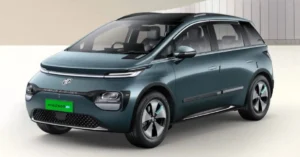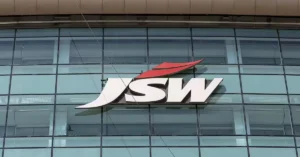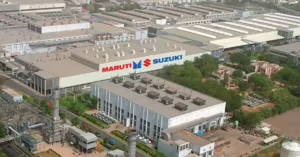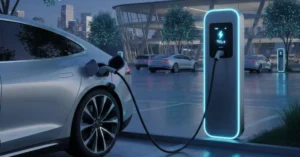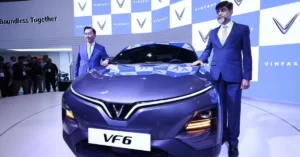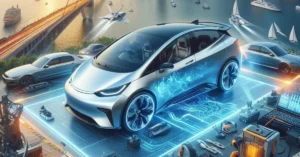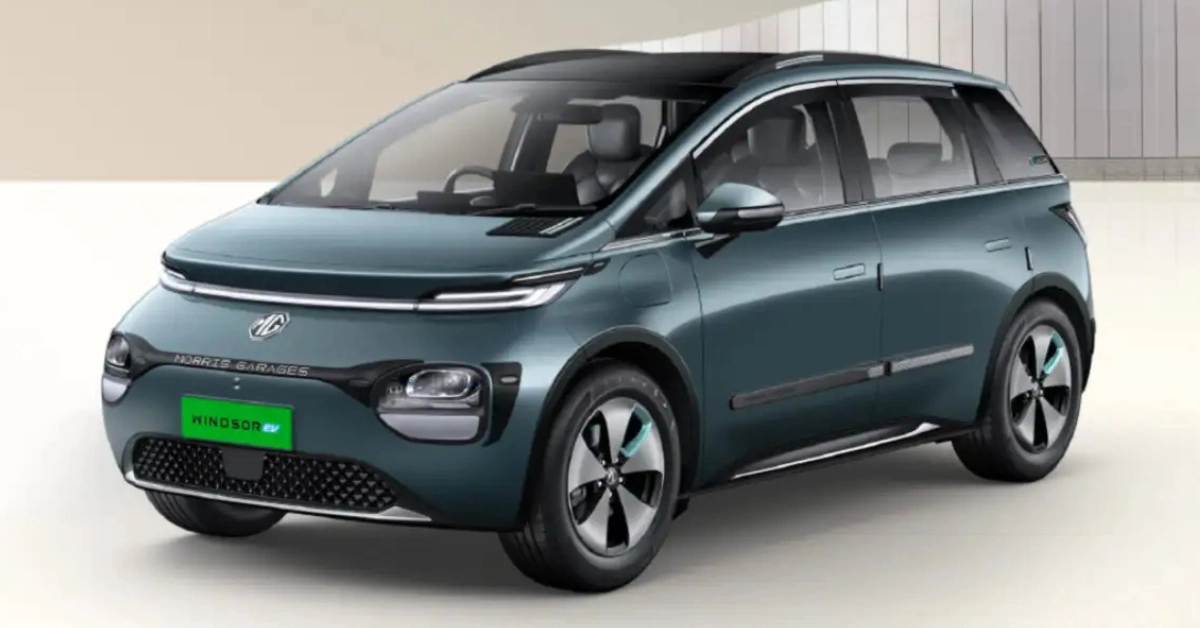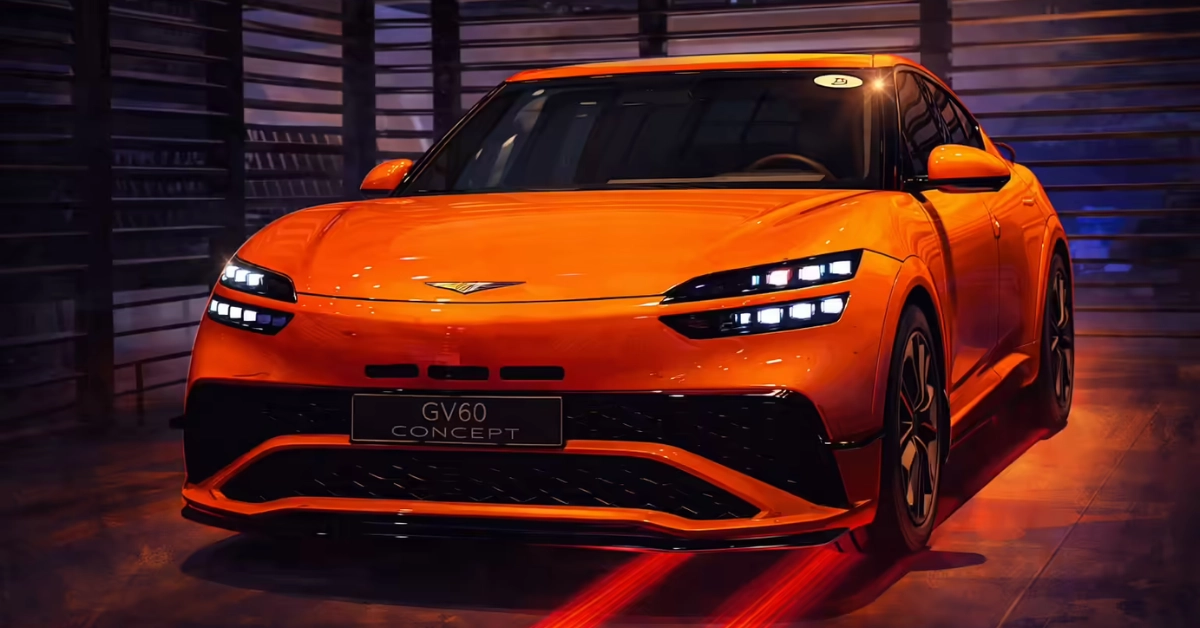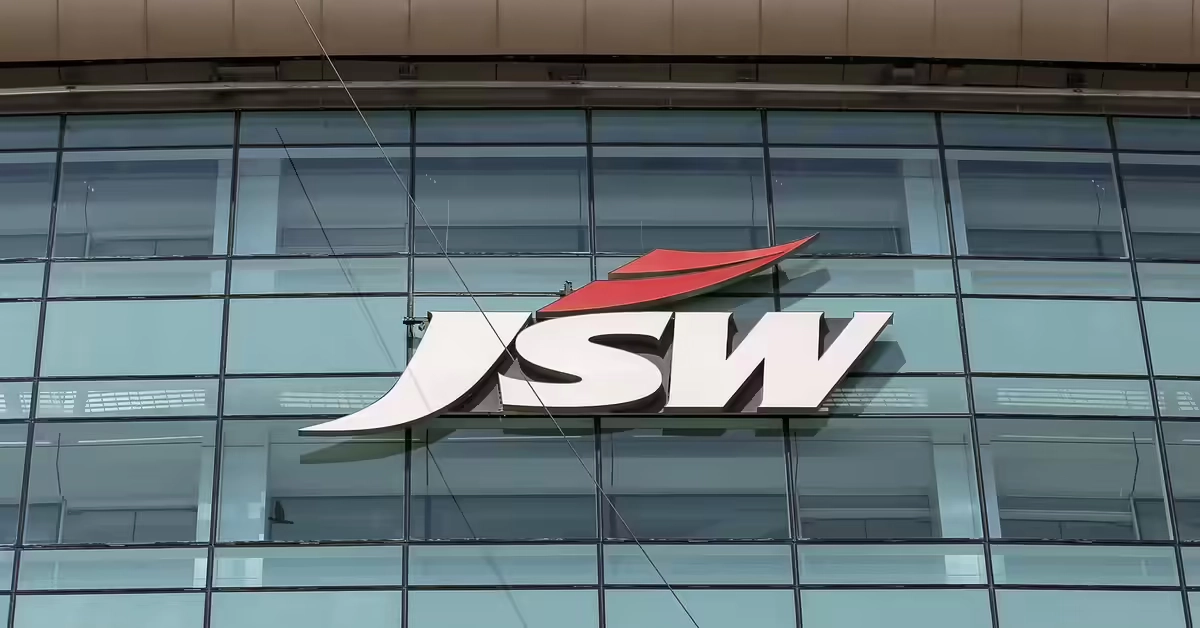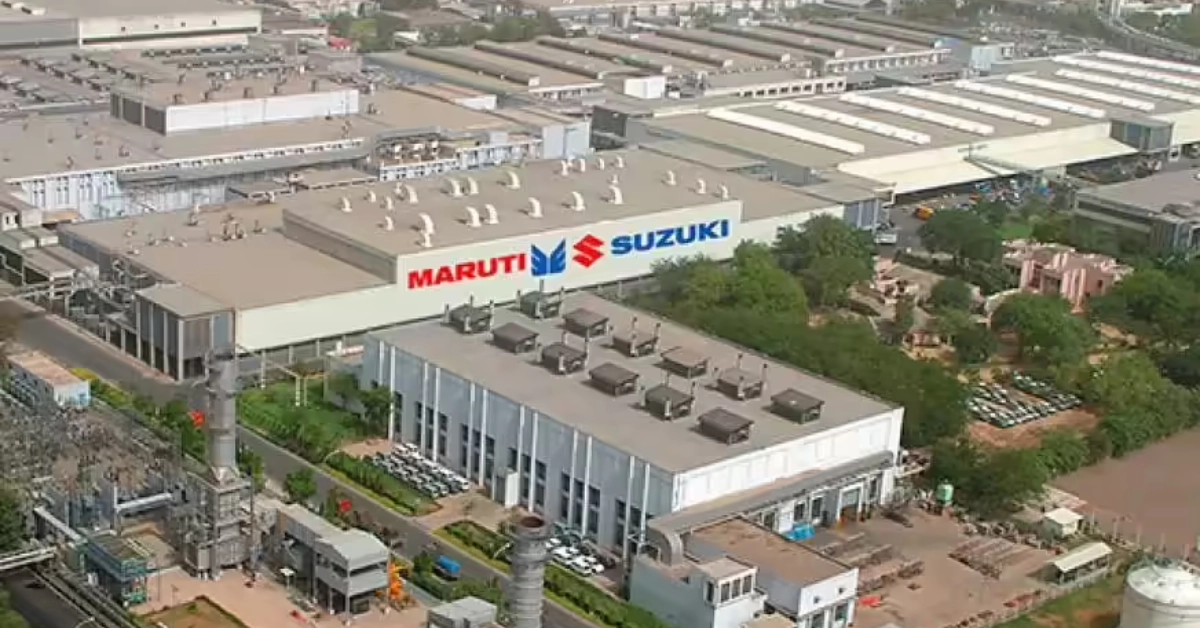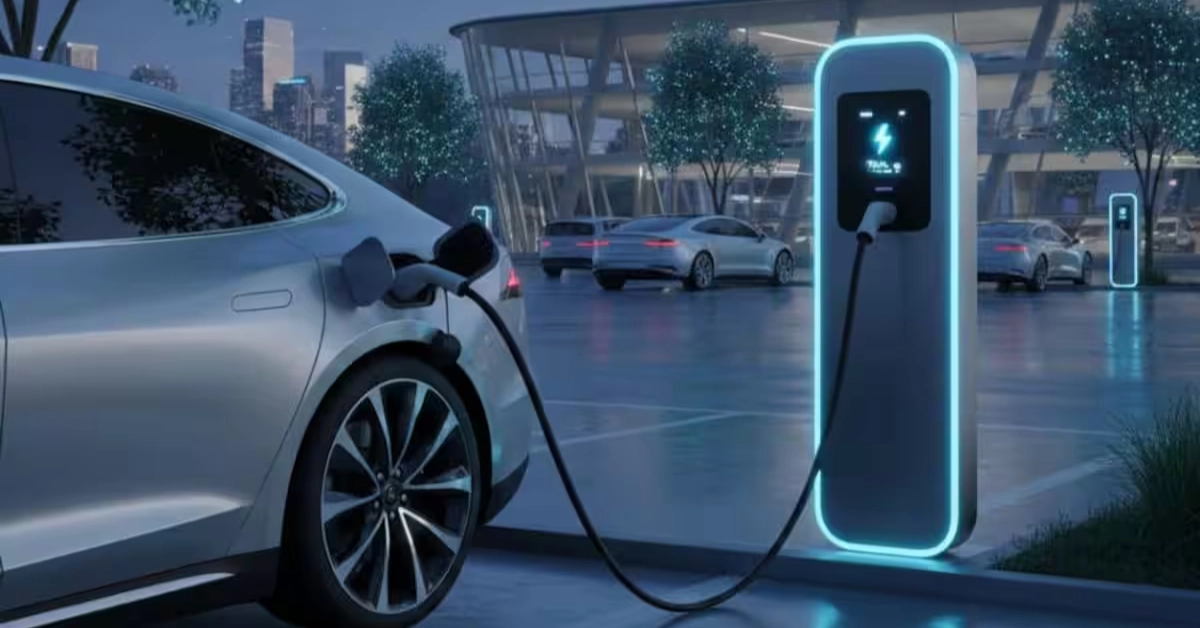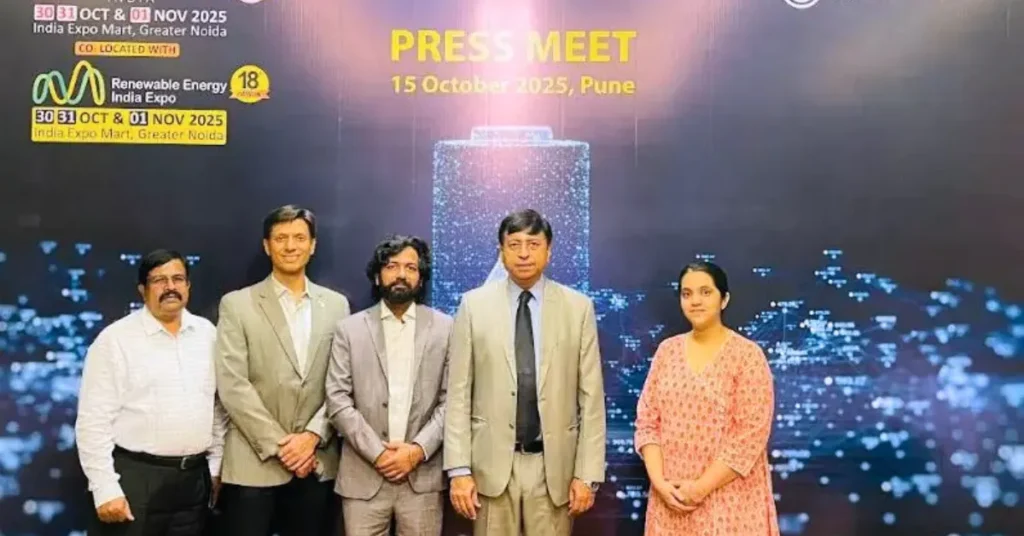
Overview
- Market Growth: India’s EV battery market is set to grow from USD 16.77 billion in 2023 to USD 27.70 billion by 2028, driven by investment and innovation.
- Global Context: Global electric passenger car sales expected to hit 21 million units by 2025, fueling demand for advanced battery solutions.
- Industry Insights: Experts at The Battery Show India (TBSI 2025) roundtable highlight opportunities for collaboration and tech advancements.
- Key Drivers: FAME-III, PLI schemes, and PM E-Drive (₹10,000 crore) boost localization, targeting 50% domestic battery production by 2027.
- Investment Potential: Rising EV adoption (6% penetration in 2025) and supply chain diversification amid China’s export curbs spur growth.
- Challenges: High upfront costs and reliance on imported lithium-ion cells (80–90%) demand robust R&D and policy support.
- Expert Quote: Prajyot Sathe, Frost & Sullivan, underscores the market’s vast potential for stakeholders across the value chain.
India’s EV Battery Boom: USD 27.70 Billion Market by 2028 Signals Bright Future
India’s electric vehicle (EV) battery market is poised for explosive growth, projected to soar from USD 16.77 billion in 2023 to USD 27.70 billion by 2028, according to industry leaders at a roundtable ahead of The Battery Show India (TBSI 2025). This 65% surge, fueled by policy incentives and rising EV adoption, positions India as a global hub for battery innovation. “The global electric passenger car market will hit 21 million units by 2025, and India’s role in this ecosystem is critical,” said Prajyot Sathe, Research Director at Frost & Sullivan.
A Surge Driven by Policy and Demand
India’s EV battery market thrives on robust government support: FAME-III and PLI schemes, alongside PM E-Drive’s ₹10,000 crore allocation, aim for 50% localized battery production by 2027. With EV penetration at 6% in 2025 (up from 2.4% in 2024), demand is skyrocketing, especially in Tier II/III cities where affordability drives sales. The 1.2 million EVs sold in 2024–25 underscore this momentum, with batteries—comprising 40–50% of vehicle costs—being the linchpin.
Opportunities Across the Value Chain
The TBSI 2025 roundtable spotlighted investment and collaboration potential. “From raw materials to recycling, the ecosystem offers immense scope,” Sathe noted. India’s push to diversify from China’s 70% grip on global battery supply—exacerbated by November 2025 export curbs on lithium and rare earths—fuels partnerships with Japan, Europe, and domestic players like Exide and Amara Raja. These efforts aim to cut import reliance (currently 80–90% for lithium-ion cells) and reduce costs by 15–20%.
Challenges: Cost and Tech Barriers
High upfront battery costs (₹5–10 lakh per vehicle) and dependence on imported cells pose hurdles. “Scaling local R&D is critical to innovate for India’s climate and cost needs,” Sathe emphasized. Collaborations with IITs and startups are accelerating, focusing on sodium-ion and solid-state batteries to bypass lithium scarcity. The National Critical Mineral Stockpile (NCMS) further bolsters raw material security.
Global and Local Synergy
As global EV sales surge toward $2 trillion by 2033, India’s battery market aligns with this trajectory. Incentives like 5% GST on EVs and PM E-Drive’s 72,000 charging stations nationwide enhance affordability, particularly for commercial fleets (e.g., EKA Mobility’s 3,300 bus orders). Yet, experts urge faster infrastructure rollout to match Karnataka’s 5,871 stations, as Maharashtra’s 3,836 lag behind its 5.69 lakh EVs.
Future Outlook: A Powerhouse Emerges
India’s battery market is a linchpin for its 30% EV target by 2030. By fostering innovation, securing supply chains, and leveraging global partnerships, the sector could transform India into an EV powerhouse. “This is a call for stakeholders to collaborate—India’s battery ecosystem is ready to charge the future,” Sathe concluded.
Source: deccanchronicle.com
Read more about EV Car News
Also Read
- MG Windsor Big Discounts Jan 2026: First-Ever Offers Make It Cheaper Than Launch Price
- JSW Motors To Enter Passenger Car Space In June With Rs 45 Lakh Plug-In Hybrid SUV
- Maruti Suzuki Second Car Plant Gujarat Investment: ₹4,960 Crore for 10 Lakh Unit Capacity
- India’s EV Sales Reach 2.3 Million Units in 2025, 8 Percent of New Vehicles: Strong Growth Led by Two-Wheelers
- VinFast Off to a Fast Start, Crosses 1k EV Sales in India: Milestone in Just Four Months
- What Happens To EV Battery After End-Of-Life?
